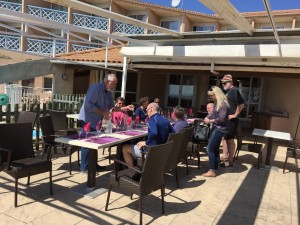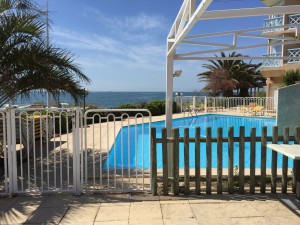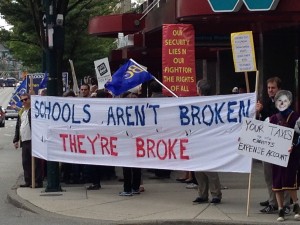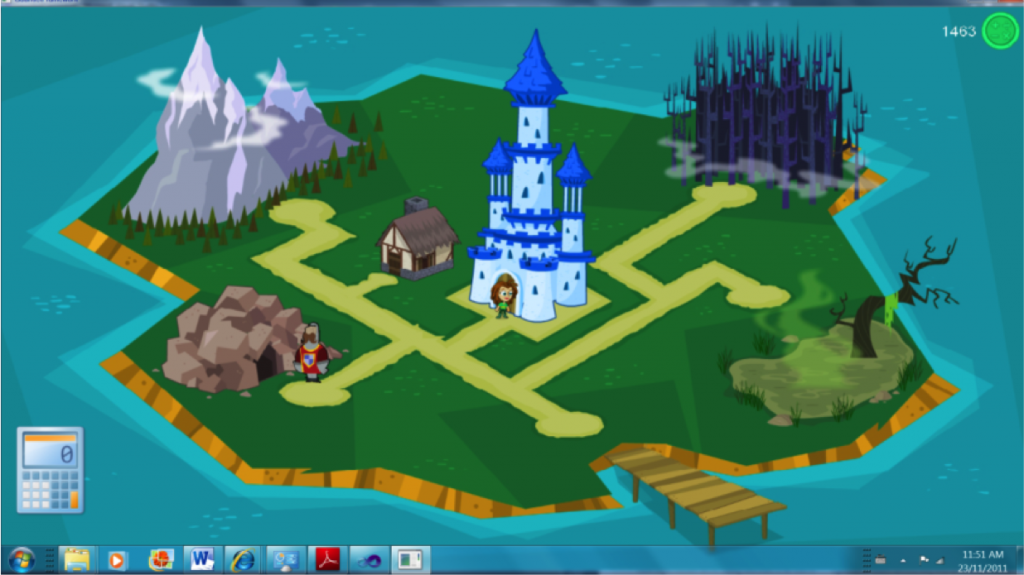Just uploaded “Status and Trends of STEM Education in Canada” to my Academia.edu account: Canada is at various crossroads and one of these is STEM education. The Canadian government anticipates that STEM will be a catalyst for economic and cultural change. After a decade of federal policies and funds for STEM education, there is little to show in K-12 schools and teacher education programs. The vast majority of non-profit, private sector, and professional society policy recommendations reinforce the federal government’s lead. This chapter provides a critical analysis of challenges, policies, practices, and trends in STEM education in Canada. The chapter primarily focuses on K-12 STEM education and teacher education and tangentially on postsecondary STEM education.
-
Recent Posts
- MA Defence: Vicente Regis, 10:00 am, Tuesday September 13, 2022
- STEM Education in Canada
- Charlene Chong, #UBC MA Defence: Sexuality Education and Socialization for British Columbia’s Youth and the Increasingly Influential Role of Social Media: For Better or Worse?
- Stella Maris Namae, #UBC PhD Defence: Status and Use of Information Communication Technology in Uganda Secondary Schools: Teachers’ Competencies, Challenges, Dispositions, and Perceptions
- David Wray, #UBC MA Defence: Message Me when You Land: Tourism and Hospitality Students’ Distance Relationships with Friends, Family, and Devices
Recent Comments
- Daniel max on Jennifer Jing Zhao #UBC PhD Defence: Design of a 3D Virtual Learning Environment for Acquisition of Cultural Competence in Nurse Education #UBCEDCP
- slot spaceman on Charlene Chong, #UBC MA Defence: Sexuality Education and Socialization for British Columbia’s Youth and the Increasingly Influential Role of Social Media: For Better or Worse?
- gnits on Rachel Ralph’s PhD Defence: Sharing is Caring: Prosocial Behaviours, Theory of Mind, and Media and Technology in Early Childhood Education
- umesh on New Youth Studies Graduate Program at Calgary
- Preeti on Kesiena Chris-Iwuru #UBC MA Defence: Youth Perspectives on #Cyberbullying and Social Media Platforms #bced
HWL Calendar
July 2025 M T W T F S S 1 2 3 4 5 6 7 8 9 10 11 12 13 14 15 16 17 18 19 20 21 22 23 24 25 26 27 28 29 30 31 Archives
Categories
Trending
Alumni API Bots Canadian case studies code Commander copyright Culture cybernetics daily David Bowie debug decode Digital Humanities Digitization education expired few Gaming Gender Google HWL HWL Team informatics joint knowledge generation Literacies media Media Studies modernity odyssey permission popular culture publishing regulate research STEM STS technologies Technology Studies transactions understand Youth YoutubeMeta

 Follow
Follow





